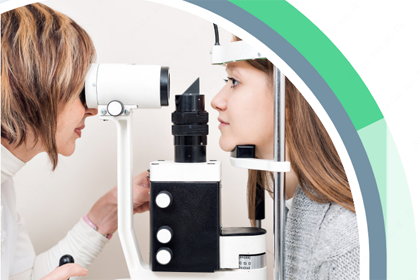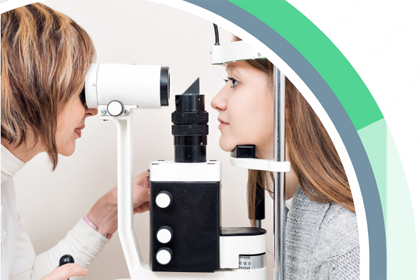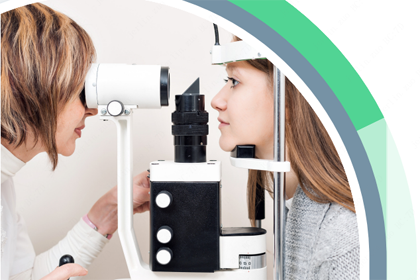Search
Conjunctivitis is when a part of your eye becomes inflamed, resulting in watery, red and itchy eyes. The conjunctivae are thin protective linings that cover the front of our eyeballs and the insides of our eyelids. The following are some common reasons for conjunctivitis:
• Viral infection (more common in adults)
• Bacterial infection (more common in children)
• Allergic reaction
• Contact lens
• Foreign bodies (such as sand)
• Chemicals
Bacterial and viral conjunctivitis are easily spread from person to person or through contact with contaminated objects.
Do I need antibiotics?
If your conjunctivitis is caused by a bacterial infection, antibiotic eye drops or ointment should be used.
It is important that you continue using the antibiotics for as long as your doctor instructed, even if your eye starts looking better or you start to feel better.
What other medicines will my doctor give me?
Most cases of conjunctivitis go away on their own without treatment. Your doctor may give you some eye lubricant drops to relieve the discomfort.
Sometimes your doctor may also give you antihistamine/decongestant eye drops to help with itchiness and irritation.
When can I return to work? When can my child return to school?
For bacterial conjunctivitis, you can return to work or school after receiving 24 hours of antibiotic eye drops or ointment.
For viral conjunctivitis, it is recommended to not attend school or return to work until the discharge has resolved, which may last more than 1 week. This is important to prevent the spread of infection.
What can I do at home to feel better?
DOs
• Use a moist cotton ball or a clean wet cloth to remove discharges or crusting if present
• Apply a cool or warm compress to your eyes gently to soothe discomfort
• If you are given antibiotics eye drops or ointment, continue for as long as instructed
• Clean and store your contact lenses properly
DON'Ts
• Be careful when using eye drops or eye ointments, and applying a cold or warm compress. Avoid contaminating the good eye from the affected
• Avoid wearing contact lens till your eye symptoms resolve
• Avoid rubbing your eyes
How can I prevent having conjunctivitis again?
• Practice good hand-washing habits – wash your hands with soap and water or use alcohol-based hand rubs for disinfecting hands
• Avoid sharing handkerchiefs, tissues, towels, or bed sheets/pillows with family or friends who may be infected
• Keep your contact lenses, solutions and casing clean-avoid repeated use of disposable contact lenses
• Use eye shields or sunglasses when in a sandy or windy place
• Keep harmful chemicals away from your eyes
• Avoid known allergens
When should I see my doctor again?
Please notify your doctor if you have:
• No improvement in 7 to 10 days
• Eye pain
• Increased eye discharge
• Difficulty in seeing clearly
• Difficulty in keeping your eye open or sensitivity to light
• Severe headaches with nausea
With reference to www.uptodate.com
Click the link for more information on Ophthalmology Clinical Service
Click the link for more information on Family Medicine Clinical Service











